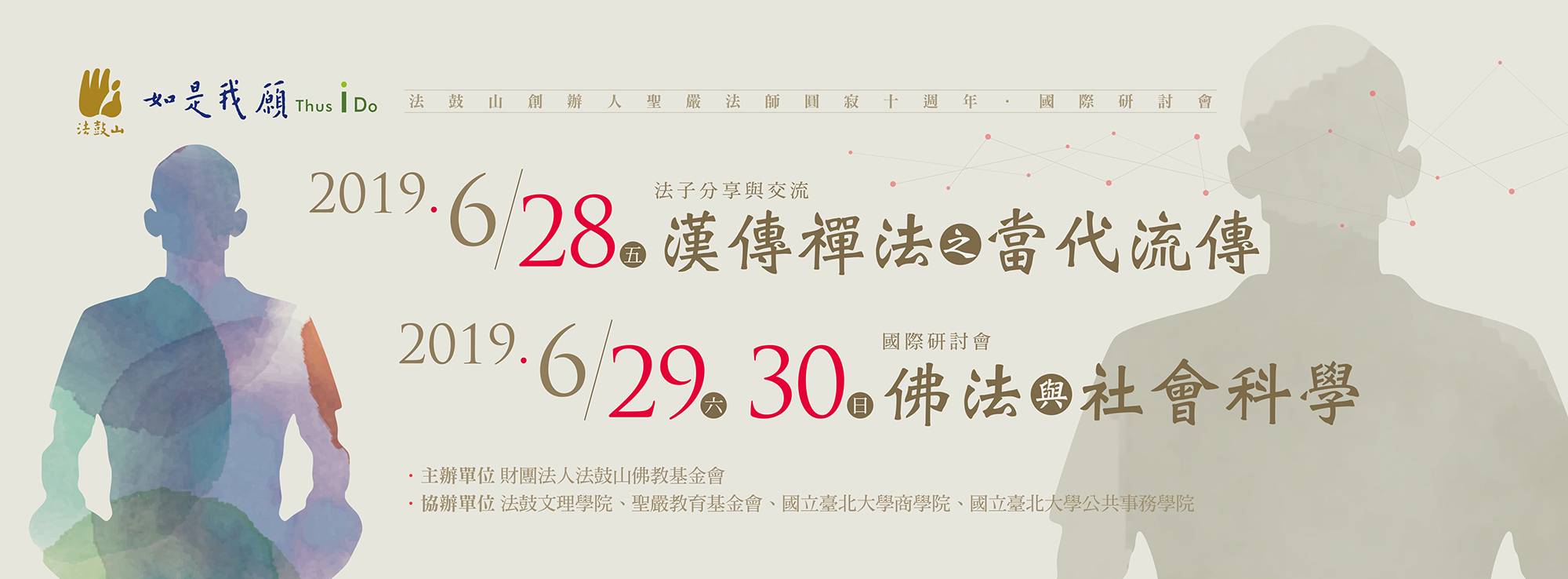The Monastic Financial and Banking System under the Rule of Emperor Liang Wudi 梁武帝 (r. 502-549): Historical Background and Contemporary Significances
Jinhua Chen
Scholars have made great strides in studying the important role Buddhism played in promoting economic, financial, and commercial activities in medieval China. There is, however, one limitation I address in this article: almost singular focus on the economic activities carried out within or in connection with the samgha, with little attention to the economic and financial context for some allegedly “pure” religious programs installed by Buddhists. This article endeavors to make some long overdue compensation for this unbalanced approach. First, it introduces the proto-banking institution known as wujinzang 無盡藏 (Skt: akṣayākara; Inexhaustible Treasury), established during the reign of the Chinese Emperor Wu of the Liang Dynasty (r. 502-49). Then it traces wujinzang’s provenance back to India. Finally, it highlights several major impacts Liang Wudi’s wujinzang system wrought on its counterpart during Sui-Tang China when, primarily because of the charismatic monk Xinxing 信行 (d. 594) and the leader of Sannie jiao 三階教 (The cult of Three Stages), the wujinzang shaped the institutional role of the Buddhist church in China for centuries. This unique institution’s implications for contemporary life (especially economic life) will be contemplated in the concluding part.
在中古時期的中國,佛教在經濟、財政,以商業活動中發揮過重要作用,對此,學者的研究已有長足的進展。但是,其中仍有以缺陷,乃本研究所欲彌補:所研究的經濟活動幾乎都是在僧團之內或者與僧團相關,而對於佛徒所創立的清浄的宗教活動之後的經濟與財政背景卻鮮有關注。本文力圖彌補這一長久以來的失衡。首先介紹梁武帝(502-49在位)所設立的一種“原始形態的銀行”,無盡藏(Skt: akṣayākara);然後,回溯其印度起源;最後,集中探討梁武帝的無盡藏制度對隋唐時代的影響,在這一時代出現一位具有非凡感召力的僧人信行(594卒)(三階教創立者),無盡藏因之數世紀以降成為中國佛教的一種制度性存在。最後試論這一獨特體制對當世社會(尤其是經濟生活)的影響。
